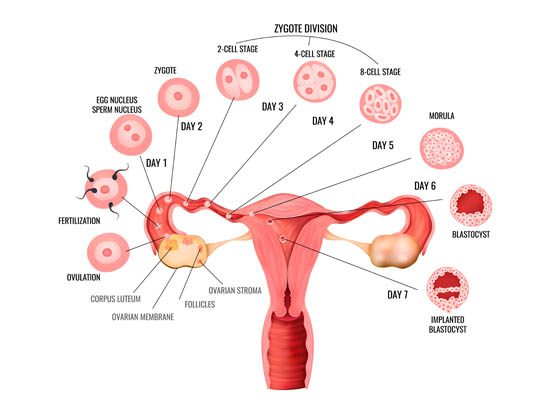Ovulation Induction

Ovulation induction is a fertility treatment that involves the use of medications to stimulate the development and release of eggs from the ovaries. It is a common treatment for women who have difficulty ovulating or who have irregular menstrual cycles.
This is the most basic of infertility treatments, where we stimulate the growth of the ovarian follicle by means of tablets or hormonal injections and chart the growth of the ovarian follicle from the beginning of the menses by means of ultrasound scans every 3-4 days until the follicle has reached maturity in terms of size and shape as seen on the scan. Other factors such as the thickness of the uterine lining (Endometrium) are also checked. And if all factors look optimal the couple is asked to have intercourse every alternate day for the next week with or without a ‘trigger’ injection, which is basically that of a hormone that ensures the rupture (ovulation) of the mature folliclefor the female partner.
There are several reasons why a woman may require ovulation induction treatment, including:
Anovulation
This is when a woman does not ovulate regularly or at all. Ovulation induction can help to stimulate ovulation and increase the chances of conception.
Polycystic ovary syndrome (PCOS)
PCOS is a common condition that can cause irregular ovulation. Ovulation induction can help to regulate ovulation and increase the chances of pregnancy.
Unexplained Infertility
Some couples may experience infertility without any apparent cause. Ovulation induction can be used to increase the chances of conception in these cases.
Male Factor Infertility
Ovulation induction can be used in combination with intrauterine insemination (IUI) or in vitro fertilization (IVF) to increase the chances of pregnancy in couples where male infertility is a factor.

